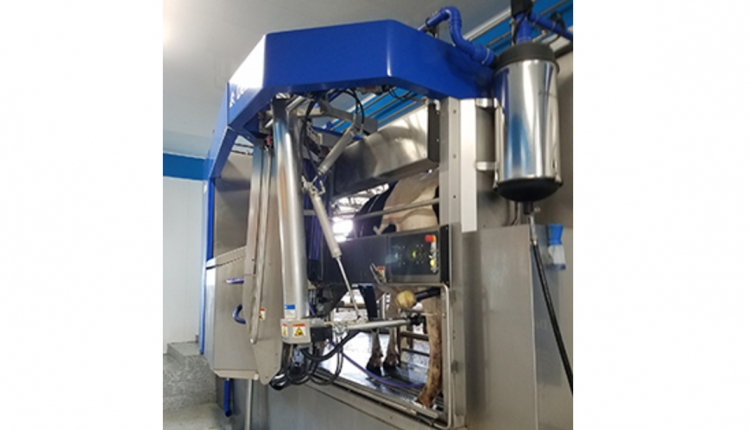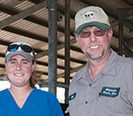
The only other owner on the farm that week was me, and lo and behold, I got a small headache that wouldn’t leave that turned into body aches and a fever with congestion. I got COVID-19 while they were gone.
Another full-time employee had a family medical emergency and couldn’t come in for the night shift until super late. With everyone else working all day that day, there was no one to cover the evening shift. But the robots still did their job and milked the cows. That was key.
My staff is great. They have pulled together and done a great job. However, the robots can’t get COVID-19 or take vacations. Sometimes they might act a little bit glitchy, but usually a 5-minute power nap does the trick, and they are back in action, working better than ever.
There are some days when a whole lot of small glitches make you fighting mad about robots. But then days like the ones we had this week make them all worth it. If an employee can’t come in at a certain time, or you have staff out with sickness, they are still going to milk the cows.

Mark and Caitlin Rodgers are dairy farmers in Dearing, Georgia. The Rodgers have a 400-cow dairy that averages 32,000 pounds of milk. Follow their family farm on Facebook at Hillcrest Farms Inc.








